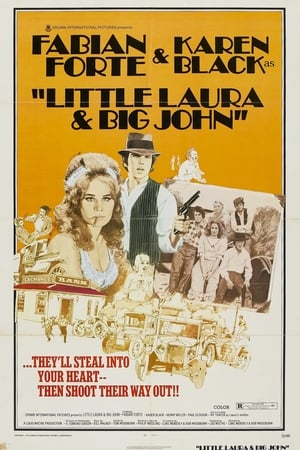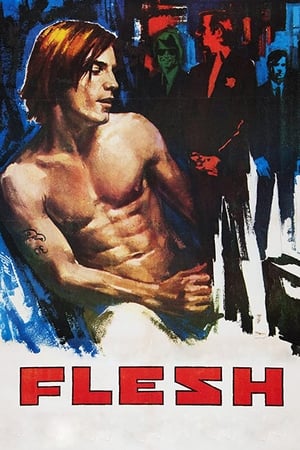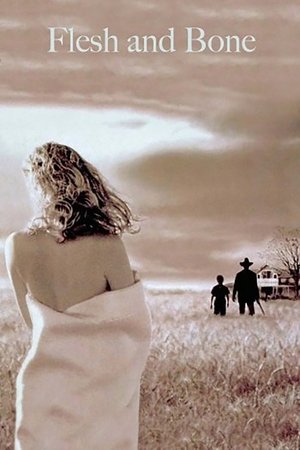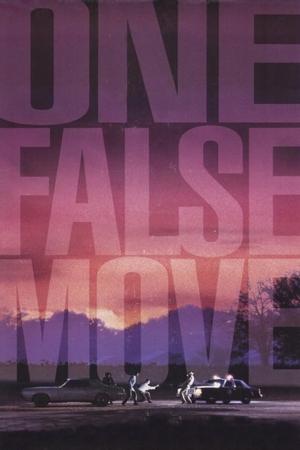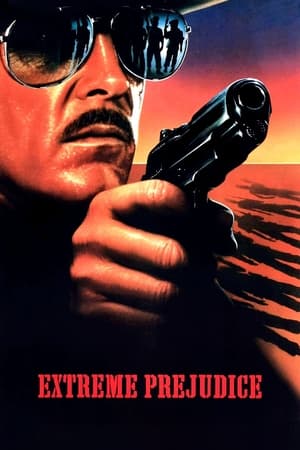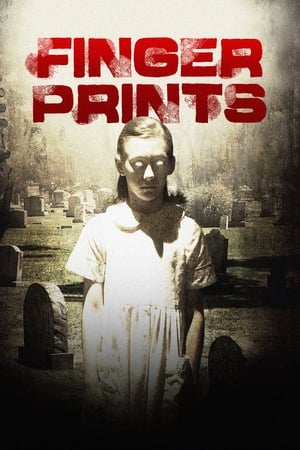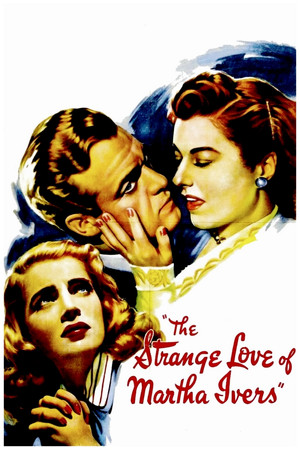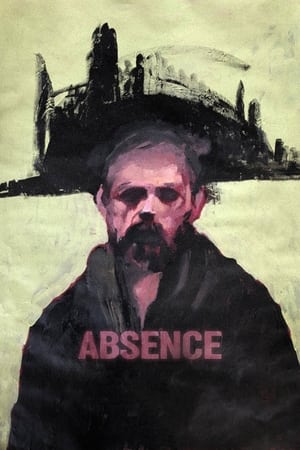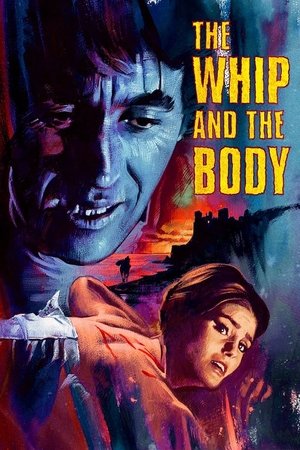Overview
When the skeleton of his murdered predecessor is found, Sheriff Sam Deeds unearths many other long-buried secrets in his Texas border town.
Reviews
**Texas yesterday and today: a film where the past serves to weave considerations for the present.**
For us, the Portuguese, who see the USA from the outside, it is difficult to comprehend the internal differences between the US states. For us, USA is a country of continental dimensions, which conveys a united and uniform image. And this image could not be more misleading: the US remains a union of fifty small miniature countries, which have their own governments, authorities and laws, which do not necessarily apply everywhere. And as history teaches us, the case of Texas is even more extravagant: Texas is a country that acquired its independence from Mexico, and only after that, by its own will, join the USA (before trying to leave again, with the other states of the Confederation). So it's a country in its own right, just like California and Hawaii, an independent kingdom until it was invaded by the US.
I'm saying all of this because this film, despite having nothing to do with these, does rambling on these topics and on the past of Texans, and the difficult relationship between Anglo-Saxon and Hispanic ethnicities. Despite the predominance of the Anglo-Saxon in the authorities and government, the film makes it clear that Texas is a land that rightfully belongs to the Hispanic ethnic group, the so-called “Tejanos”. It's their land, the Anglo-Saxons came later. And yet, the “Tejanos” are humiliated, acculturated, discriminated, and we see the violence of such practices in the relationships between the characters and in the brutal attitude of Sheriff Wade. The script weaves these considerations around a skeleton that is found by chance and that reveals an unsolved crime that may be connected to the late sheriff Buddy Deeds, a character very dear to the city. In charge of the investigation, his son and current sheriff doesn't have the same sympathy for his father and is determined to uncover his father's supposed dark side. There are still some less well-crafted sub-plots here: the insipid romance between the sheriff and the teacher, the corruption and political convenience behind the construction of an unnecessary prison, the bad relationship between a strict black military commander and his father, who owns a bar...
The cast includes several well-known names. Chris Cooper is a solid protagonist, who does a very good job. He's not an actor that I know very well, I confess that I've only seen him play relatively minor roles, but I was pleased to see him play a role like that. Elizabeth Peña doesn't disappoint us either, and does a satisfying job with her character, although the subplot that involves her may sound a little far-fetched. Kris Kristofferson also does a very good job, turning the law enforcement officer into an authentic mobster, full of prejudice, brutality and arrogance. Stephen Mendillo, Clifton James and Mirian Colon also give us brief appearances and a job well done.
John Sayles is a director I didn't know about until I saw this film. From what I saw here, I liked his work: the director doesn't offer us a pearl of cinema, but he gives us quality entertainment, associated with punctual and accurate political and social stings. The film has good cinematography, it even looks younger than it is, and the camera work is really good, especially in the flashbacks. Light and shadow are well used and the soundtrack, despite not surprising us, does its job.
There are quite a few household names in the starting line up here, but most barely feature as we are introduced to sheriff "Sam" (Chris Cooper). He's the son of the recently deceased sheriff "Buddy" (Matthew McConaughey) and the appreciative townsfolk are about to unveil a monument to this upstanding citizen who was married to a "saint"! Told by way of contemporaneous conversation and flashbacks, the story unravels into a mystery about just what happened to the previous sheriff "Wade" (Kris Kristofferson). Now by all accounts, he was a bully and a violent, corrupt, one at that - until, one night he was faced down by a budding new police officer ("Buddy") and subsequently left town - with $10,000 - and was never seen again. Why is this rearing it's head now? That's because a couple of soldiers from a nearby, and soon to be closed, army base discovered a body buried in the desert and some clues suggest that it might be the long lost lawman. Despite warnings from his friends, and his own reluctance to discover was he thinks might be the truth about his blessed dad, "Sam" starts to investigate and those start to knit together some threads that that the small community had long forgotten - or, certainly wanted to be long forgotten. Auteur John Sayles uses these characters to shine a light on issues of small town community living and it's that that is a little more poignant as this Texan town is within spitting distance of the border from whence the aptly named Mexican "wets" frequently arrive. The story itself isn't really that much to write home about, we've seen these sort of murder mysteries plenty of times before. It's the dynamic that helps this work better. It's slowly paced, but that's engaging. It's part of the methodology of his policing, sure, but it's as much about his own revelations about himself, his father, his friends and his sweetheart "Pilar" (Elizabeth Peña) as this location seas a modern-day changing of the guard that some relish and some abhor. It's not really a western, per se, but it's a characterful look at the effects of change - good and bad - and I reckon probably Cooper's best performance.

 135 min
135 min
 7.004
7.004
 1996
1996
 USA
USA
 Filipe Manuel Neto wrote:
Filipe Manuel Neto wrote: